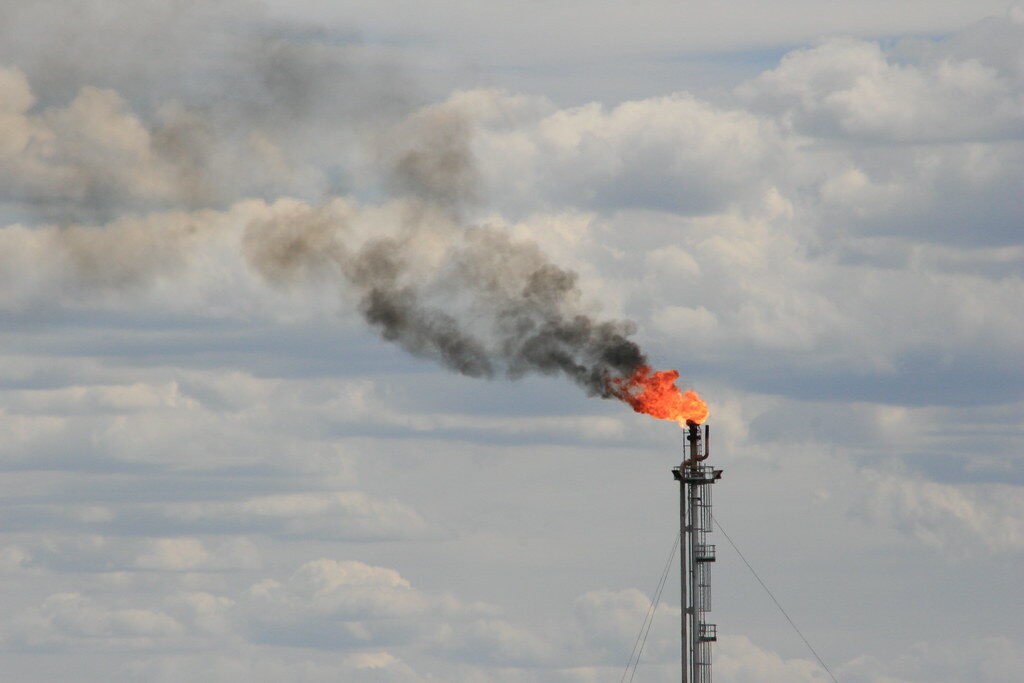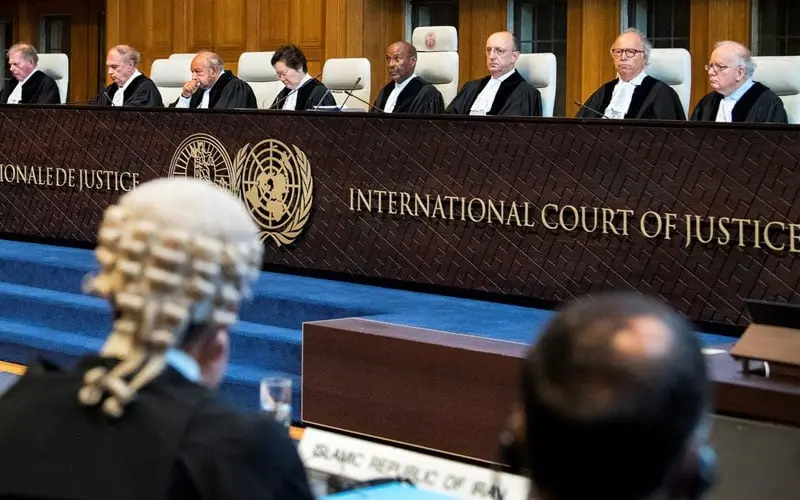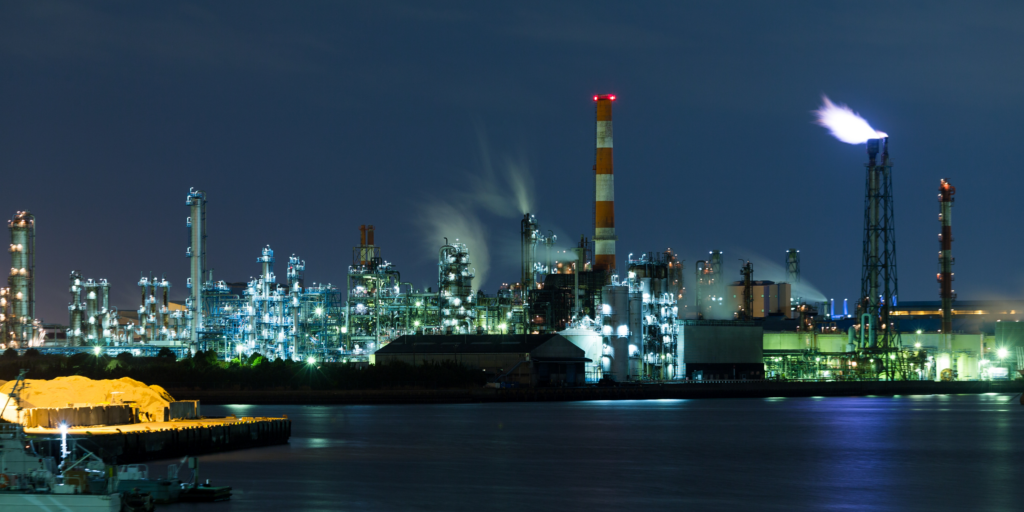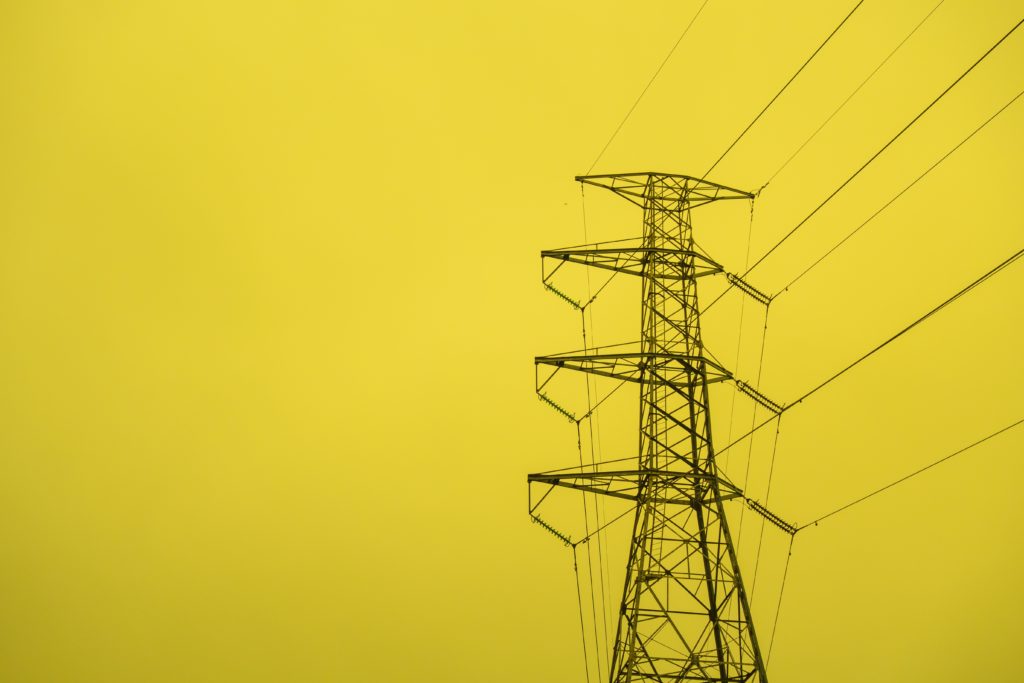
It’s no wonder that climate change is on our minds following unprecedented rainfall and floods on the east coast and record-breaking heatwaves in Western Australia.
The choices our nation makes this decade will determine the standard of living for every Australian for generations to come. Sensible climate policies are needed now to rapidly reduce greenhouse gas emissions. This will also create new jobs and support economic growth across regional and urban Australia.
We have both an opportunity and a responsibility to put climate first when voting in this upcoming federal election.
The top five reasons to #PutClimateFirst when you vote in this election:
1. Protection from worsening climate impacts
Australians are coping with climate impacts here and now with worsening bushfires, droughts and floods. We need strong leadership at a federal level to ensure that as a country we are prepared and capable of responding quickly, and minimising impacts on communities. As a first step all of recommendations from the Royal Commission into National Natural Disaster Arrangements should be put in place within the first 12 months of the next government. We also need a national shift in focus from net zero by 2050 to much stronger action during the 2020s. The world’s climate scientists are clear that what we collectively do this decade is so crucial. Australia’s national emissions reduction targets should be in line with the science and our responsibilities as a developed country. That means a 75% emissions reduction on 2005 levels by 2030 and aiming for net zero by 2035. The Morrison Government’s current policy (26-28% cut by 2030) is out of line with this.
2. Switching to renewables will help heal the planet and create more jobs
As a country with abundant renewables like solar energy and wind power, there is a clear path to economic prosperity for us. Scaling up renewable energy and clean industries will unlock investment, develop growing industries and revitalise our regions. In fact, Deloitte Access Economics found that embracing a low carbon economy would add $680 billion in economic growth and 250,000 new jobs by 2070 across Australia. Australia is poised to take full advantage of the new opportunities for jobs and industries that come from moving beyond fossil fuels – all that’s missing is federal support.
3. Secure, clean and affordable energy for all Aussies
The fossil fuel industry is the largest source of Australia’s emissions. We are en route to catastrophic climate impacts if we continue to expand coal, gas and oil production. Experts at the International Energy Agency are clear on this: there can be no new coal, oil or gas projects if the global energy sector is to reach net zero emissions by 2050 and avoid catastrophic climate change. Australia should end direct government support for expanding fossil fuel production, and begin phasing down the sector in a planned way that provides certainty and support to workers and communities affected.
Policymakers must promote more renewable energy and storage to power our energy and transport system, including kick-starting more purchases of electric vehicles and transitioning our entire bus fleet to electric. Strong clean energy policy and investment in the renewables sector, rather than subsidies for ageing and polluting industries, will result in more secure and affordable energy for all Australians.
There are tangible, immediate benefits for homeowners, families, small businesses, working Australians and overall economic productivity in Australia becoming a renewables superpower.
4. Restoring our relationship with important allies and neighbours
Restoring our international standing starts with strengthening our 2030 emissions reduction target and catching up with our peers. Good, sensible policy should be accessible to the public and there should be clear accountability for decision-making. Major powers around the world are increasingly integrating climate action into their foreign policy and international diplomacy. To improve our international reputation, and better achieve our broader foreign policy objectives, Australia should use the resources of the Department of Foreign Affairs and Trade as well as Australia’s global diplomatic network to promote climate action all over the world.
All Pacific Island countries, including the Solomon Islands, have repeatedly encouraged Australia to adopt stronger emissions reduction targets and to hasten its transition beyond fossil fuels. Action on climate change must be at the very heart of Australia’s foreign policy and in particular our relationship with the Pacific. This will help reposition Australia as a trusted and respected ally and neighbour.
5. A better future for everyone
Australians are living with the everyday consequences of climate change. Heatwaves are hotter and last longer; while droughts, intense rainfall, floods and dangerous bushfire conditions are more frequent and severe. This is already testing the limits of our capacity to cope, and we must work quickly to avoid catastrophe.
Acting on climate change is in the interests of all Australians.
Each individual has an opportunity to directly influence Australia’s climate policies when they vote in this election.

Find out more about what we are directly advocating for as an organisation by reading our Climate Policies for a Sensible Government guide.
Not all climate policy is created equal, and it’s more important than ever to analyse the details in order to recognise, reinforce and encourage the good, as well as call out (and stop) the bad. Read our analysis of what the major political parties are promising in the 2022 election here.
We’ve put together a list of questions to ask yourself as you sift through the climate policy announcements. These questions will help you to find climate policies that rapidly reduce emissions before 2030!
Authorised by Amanda McKenzie, Climate Council of Australia Ltd, Sydney










